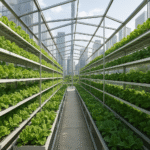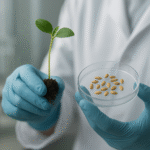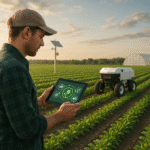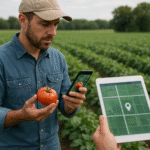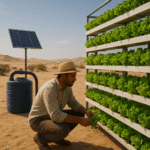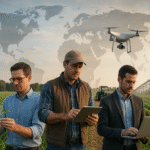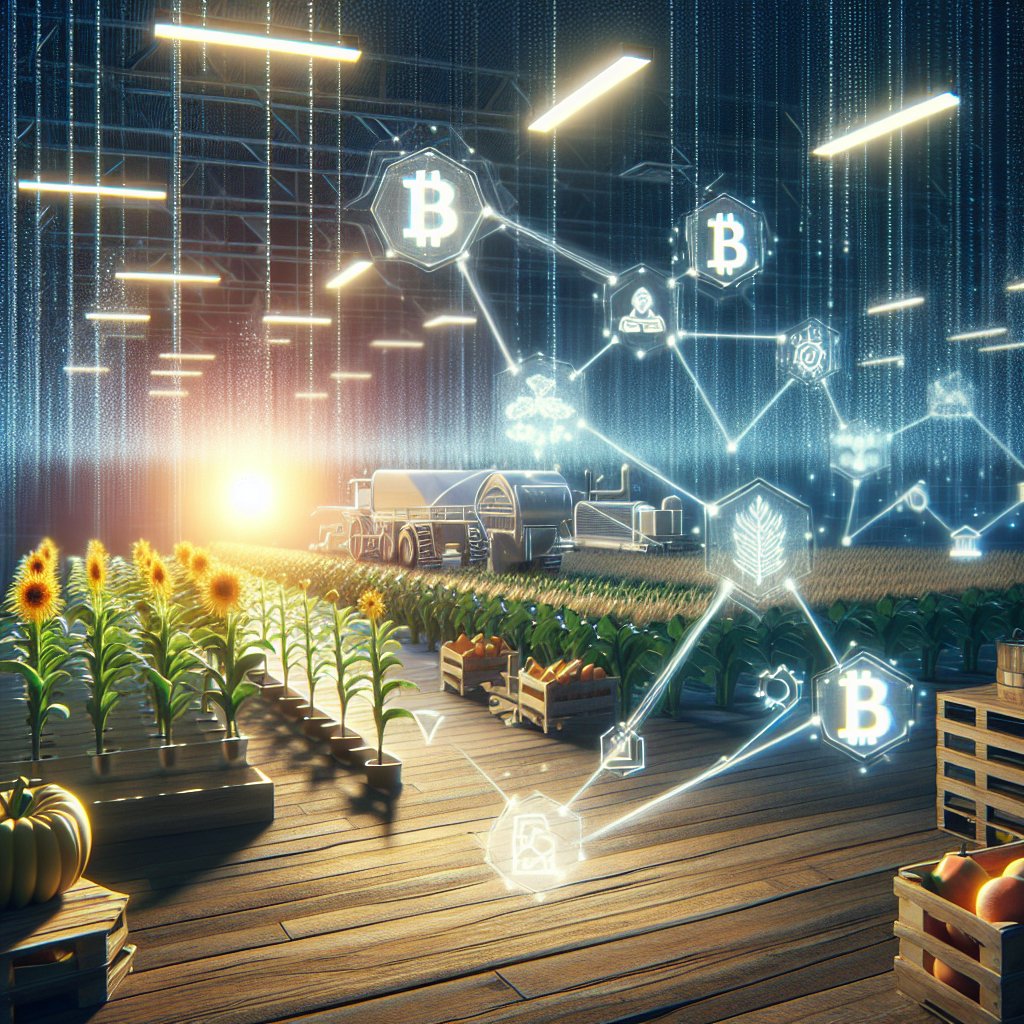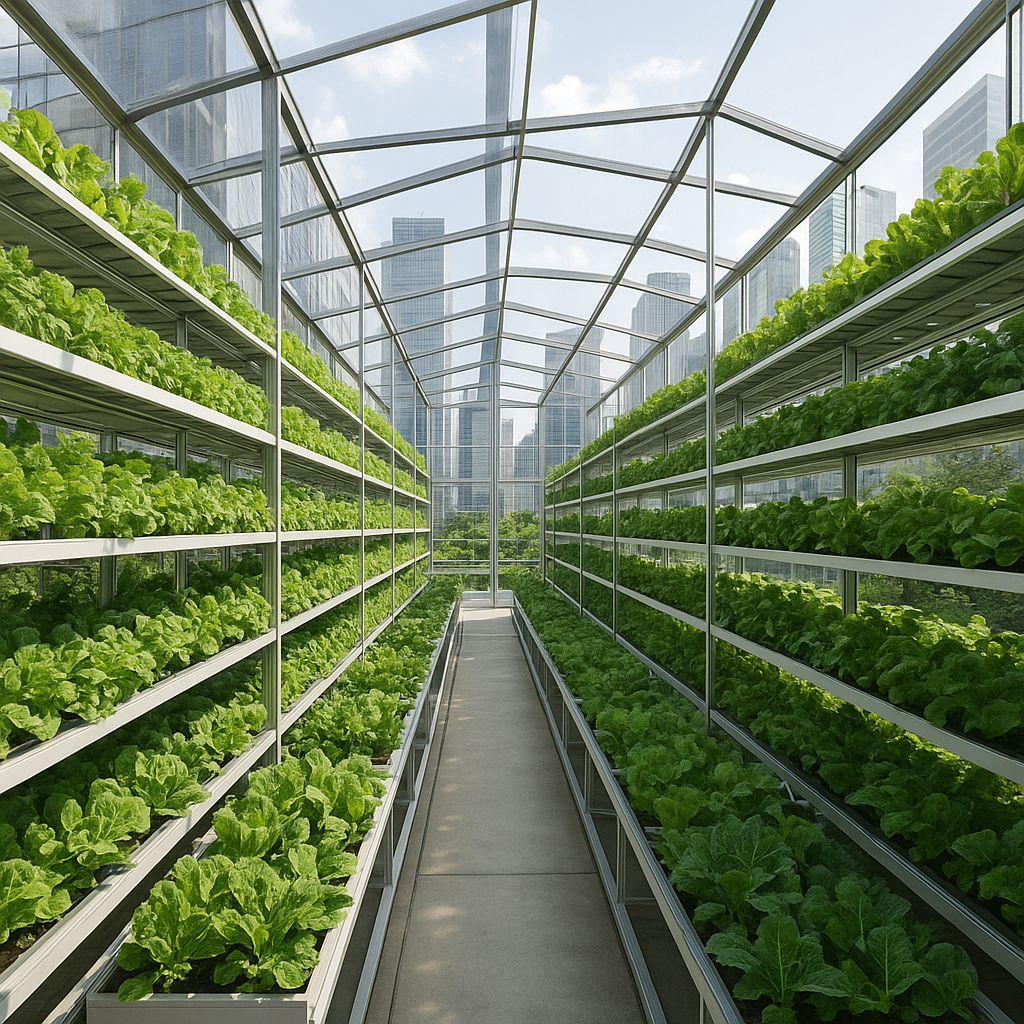Blockchain technology is revolutionizing the food supply chain by ensuring transparency, traceability, and trust among all stakeholders. This innovative approach addresses many of the challenges faced by traditional supply chains, such as fraud, inefficiency, and lack of accountability. By leveraging the decentralized and immutable nature of blockchain, the food industry can now offer consumers greater confidence in the safety and authenticity of their food products.
Understanding Blockchain Technology
Blockchain is a distributed ledger technology that records transactions across multiple computers in such a way that the registered transactions cannot be altered retroactively. This ensures that the data is secure, transparent, and tamper-proof. Each block in the blockchain contains a list of transactions, and once a block is completed, it is added to the chain in a linear, chronological order.
The key features of blockchain technology include:
- Decentralization: Unlike traditional databases that are controlled by a single entity, blockchain is maintained by a network of nodes, making it more resilient to failures and attacks.
- Immutability: Once data is recorded on the blockchain, it cannot be changed or deleted, ensuring the integrity of the information.
- Transparency: All participants in the blockchain network have access to the same data, promoting trust and accountability.
- Security: Advanced cryptographic techniques are used to secure the data, making it highly resistant to hacking and fraud.
Applications of Blockchain in the Food Supply Chain
The food supply chain is a complex network involving multiple stakeholders, including farmers, processors, distributors, retailers, and consumers. Ensuring transparency and traceability throughout this network is crucial for maintaining food safety and quality. Blockchain technology offers several applications that can enhance the efficiency and reliability of the food supply chain.
Traceability and Provenance
One of the most significant benefits of blockchain in the food supply chain is its ability to provide end-to-end traceability. By recording every transaction on the blockchain, stakeholders can trace the journey of a food product from farm to fork. This not only helps in identifying the source of contamination in case of a foodborne illness outbreak but also allows consumers to verify the authenticity and origin of their food products.
For example, a consumer purchasing organic produce can scan a QR code on the packaging to access detailed information about the product’s journey, including the farm where it was grown, the processing facilities it passed through, and the transportation methods used. This level of transparency builds trust and confidence among consumers, who are increasingly concerned about the safety and quality of their food.
Reducing Food Fraud
Food fraud, such as mislabeling, adulteration, and counterfeiting, is a significant issue in the global food industry. Blockchain technology can help combat food fraud by providing a secure and transparent record of all transactions. Each participant in the supply chain is required to record their activities on the blockchain, creating an immutable audit trail that can be easily verified.
For instance, a seafood supplier can use blockchain to record the catch location, date, and method, along with the processing and distribution details. This information can be accessed by retailers and consumers, ensuring that the seafood they purchase is genuine and sustainably sourced. By making it difficult for fraudsters to alter or falsify records, blockchain technology helps protect the integrity of the food supply chain.
Enhancing Supply Chain Efficiency
Blockchain technology can streamline supply chain operations by reducing the need for intermediaries and manual record-keeping. Smart contracts, which are self-executing contracts with the terms of the agreement directly written into code, can automate various processes, such as payments, quality checks, and compliance verification.
For example, a smart contract can be used to automatically release payment to a farmer once a shipment of produce is delivered and verified by the distributor. This reduces the time and cost associated with traditional payment methods and ensures that all parties are compensated fairly and promptly. Additionally, blockchain can help reduce paperwork and administrative overhead, allowing stakeholders to focus on their core activities.
Challenges and Future Prospects
While blockchain technology offers numerous benefits for the food supply chain, there are also several challenges that need to be addressed. One of the primary challenges is the integration of blockchain with existing systems and processes. Many stakeholders in the food supply chain still rely on traditional methods of record-keeping, and transitioning to a blockchain-based system requires significant investment in technology and training.
Another challenge is the scalability of blockchain networks. As the number of transactions increases, the blockchain can become slower and more resource-intensive. Developing scalable solutions that can handle the high volume of transactions in the food supply chain is crucial for the widespread adoption of blockchain technology.
Despite these challenges, the future prospects for blockchain in the food supply chain are promising. As technology continues to evolve, we can expect to see more innovative applications and solutions that address the unique needs of the food industry. Collaboration among stakeholders, including technology providers, industry associations, and regulatory bodies, will be essential for driving the adoption of blockchain and realizing its full potential.
Conclusion
Blockchain technology is poised to transform the food supply chain by providing unprecedented levels of transparency, traceability, and trust. By addressing key challenges such as food fraud, inefficiency, and lack of accountability, blockchain can help ensure the safety and quality of our food. As the technology continues to mature, we can look forward to a more transparent and resilient food supply chain that benefits all stakeholders, from farmers to consumers.
